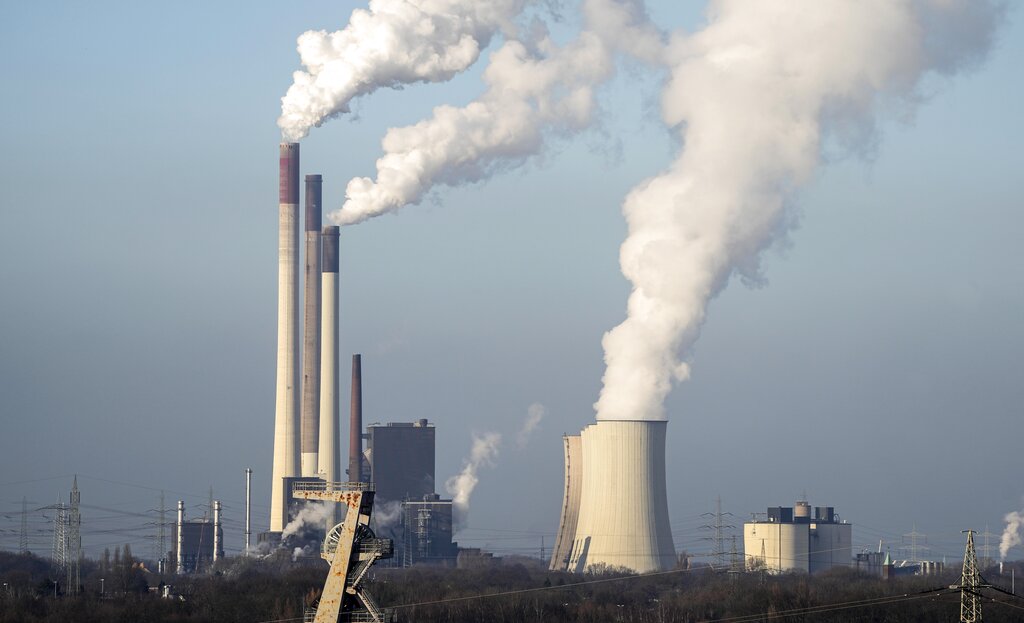Coal and oil trains are given priority over other freight and passenger traffic on German railways, with the federal government passing an ordinance on Wednesday to secure the supply of power plants or regions with scarce gas and diesel stocks. According to the ordinance, train passengers could be “affected by interruptions of rail passenger transport.”
Liberal Democrat transport Minister Volker Wissing (FDP) spoke of a demanding task, since low water levels also mean that inland barges can transport less supplies, including vital coal and gas resources to power plants. He said that the rail system must therefore prioritize carefully:
“This is not an easy decision, because in case of any doubt, it means that other trains have to wait,” he said.
Only military transports should still have priority over coal trains. Germany supplies armaments to support Ukraine and is also a transit country for military supplies. Due to their weight, military goods are predominantly transported by rail, according to German newspaper Handelsblatt.
“In order to avoid an immediate threat to or disruption of the energy supply in Germany, a different logistical planning of energy carrier transports has become necessary,” the ministry’s statement said. The prioritization also applies to inland river transports — in view of the low water levels caused by the prolonged drought that has hit Europe.
This could mean additional delays for passenger transport on ICE or regional trains, which would have to wait in certain cases. In the past few months, almost every second long-distance train was late, mainly because of chronic problems in the rail network.
The country’s rail system has been described as “faltering,” with underinvestment and an increasingly crowded network creating serious problems for the entire network. The country is planning a €14.3 billion overhaul over the coming years to fix the mass of problems that have left the system “pushed to its limit,” according to German Transport Minister Volker Wissing, who made the remarks during a press conference in June of this year.
According to the new regulation for fuel transports, priority should initially apply for six months.
“Immediate entry into force after the announcement is necessary in order to be able to react quickly to the threatening situation,” the ministry said. The ordinance is based on the provisions of the Energy Security Act, without approval needed from either houses of parliament.





